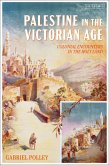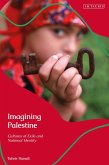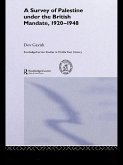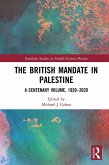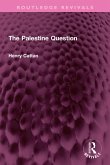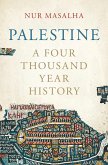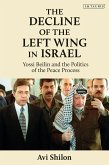This book examines processes of fragmentation that have altered the social dynamics of Palestinian society since the second intifada. With a specific focus on the city of Nablus and its outer laying areas, the book details the extraordinarily personal experience of isolation - namely the physical division of communities through long-term military siege, and the ways that communities have adapted to get by despite frequently changing restrictions.
Joshua Rickard shows various forms of isolation and social fragmentation, combined with the uncertainty of everyday life, that have come to characterise the existential experience of being Palestinian. More relevant than how the conditions of fragmentation have occurred is what isolation and uncertainty mean to communities that are severed from those surrounding them. Finally, this book examines the possibility for a reformation of social organisation that transcends traditional political discourses which can be seen emerging from Palestinian communities.
Joshua Rickard shows various forms of isolation and social fragmentation, combined with the uncertainty of everyday life, that have come to characterise the existential experience of being Palestinian. More relevant than how the conditions of fragmentation have occurred is what isolation and uncertainty mean to communities that are severed from those surrounding them. Finally, this book examines the possibility for a reformation of social organisation that transcends traditional political discourses which can be seen emerging from Palestinian communities.



